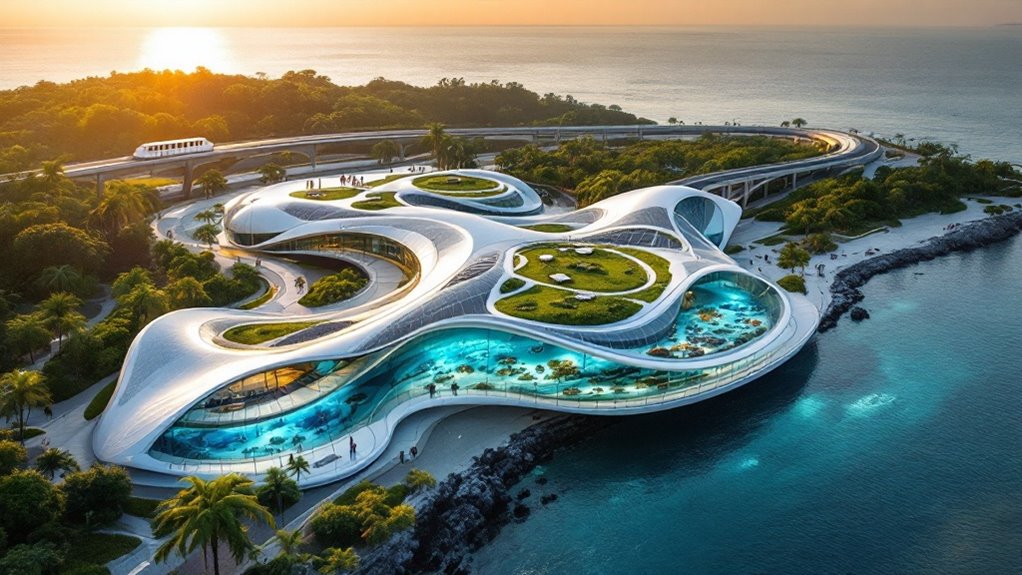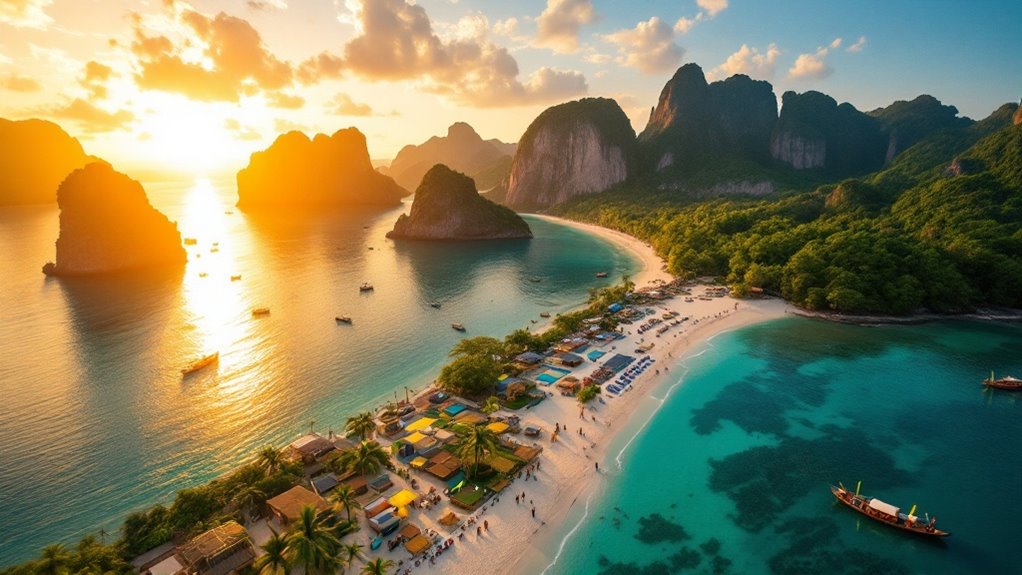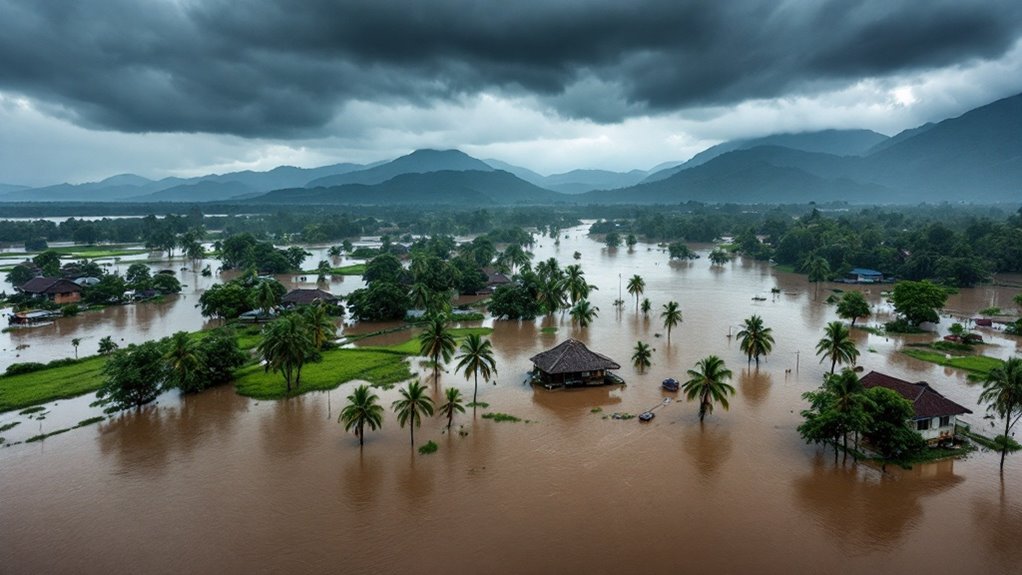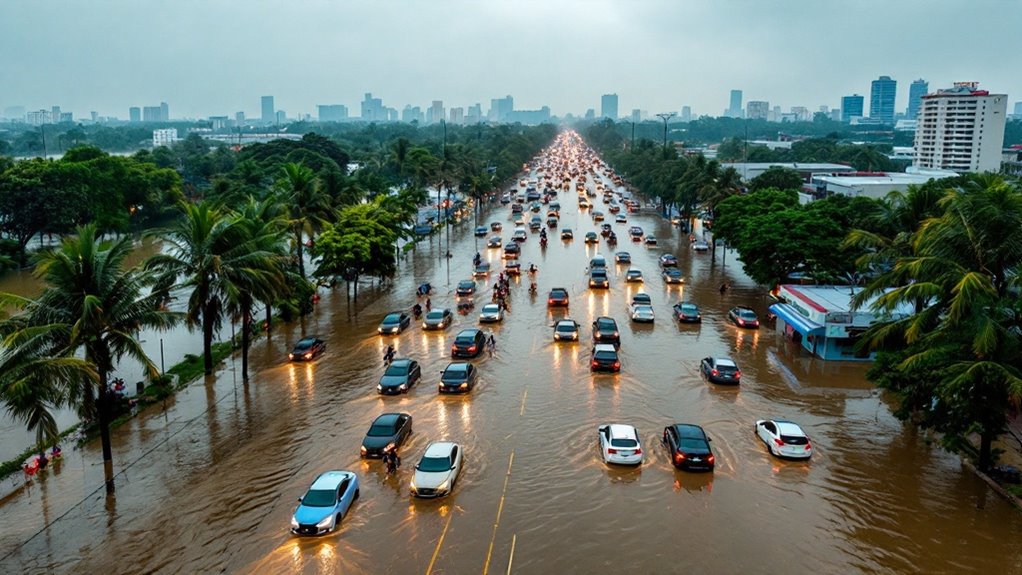Opening on Sentosa Island in May, Singapore’s new Marine Science Centre will offer advanced research laboratories, interactive exhibitions, and sustainable architecture designed to support marine research, public education, and conservation. The facility is planned to collaborate with local and international institutions, address key issues such as marine biodiversity and climate change, and stimulate workforce development through specialized programs. With seamless visitor integration and a focus on environmental responsibility, its opening is set to greatly enhance Singapore’s position in marine science—details to follow.
Although still in the proposal stage, Singapore’s Marine Science Centre is envisioned as a significant addition to Sentosa Island, aimed at advancing marine research, education, and conservation. The proposed location on Sentosa would leverage the island’s established reputation as a leisure and educational destination, further enhancing its scientific and environmental profile.
The centre’s primary objectives include promoting marine science research, fostering public understanding of marine conservation, and supporting Singapore’s broader environmental strategies. Should it proceed, the centre would likely feature a mix of interactive exhibits, advanced research laboratories, and specialized educational facilities, all designed to serve both academic and public audiences. Inspired by the success of interactive science centres such as the one in Jurong East, the Marine Science Centre is expected to incorporate hands-on exhibits that engage both children and adults in STEM-related marine topics.
Accessibility considerations have been factored into the preliminary plans, with visitors expected to reach the centre via Sentosa’s existing transport infrastructure, such as the Sentosa Express monorail. This guarantees seamless integration with current tourist and local visitor flows. The centre is also expected to feature a variety of food and beverage options, ensuring visitors have access to refreshments during their visit.
Regarding collaboration, the centre is projected to work closely with local universities and international marine research institutions, facilitating knowledge exchange and joint research projects. The research agenda is anticipated to focus on pressing topics such as marine biodiversity, ocean health, and the impacts of climate change on regional ecosystems.
Technological innovation will be integral, with plans to employ state-of-the-art monitoring equipment and data analytics tools for marine research and ecosystem assessment. The centre also intends to offer extensive educational programs, including hands-on experiences for students, curriculum-aligned activities, and public workshops, thereby encouraging greater community involvement in marine science and conservation.
Specialized courses and professional development opportunities will likely be available, supporting workforce development in this growing sector. Architectural plans for the proposed centre emphasize sustainable building practices, with green construction methods and materials aimed at minimizing environmental impact.
Exhibition spaces are expected to be fully accessible and designed for maximum engagement. Economically, the centre is projected to create jobs in research, education, and tourism, while serving as a catalyst for investment and sustainable development on Sentosa.
To summarize, if realized, the Marine Science Centre could position Singapore as a regional leader in marine science, education, and conservation, with significant benefits for both the environment and the local community.









